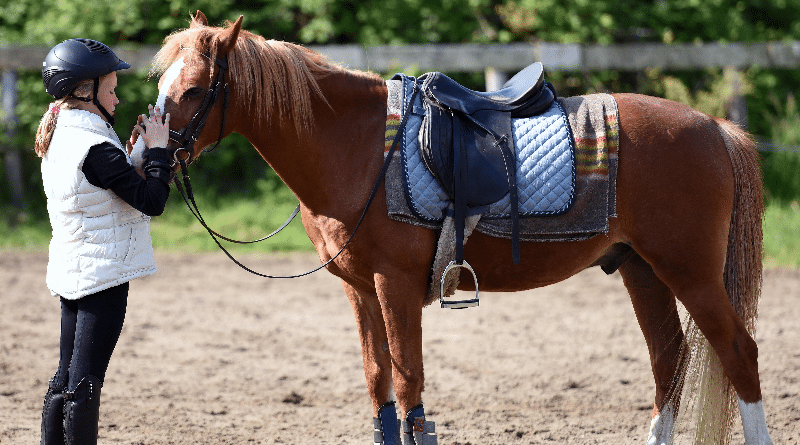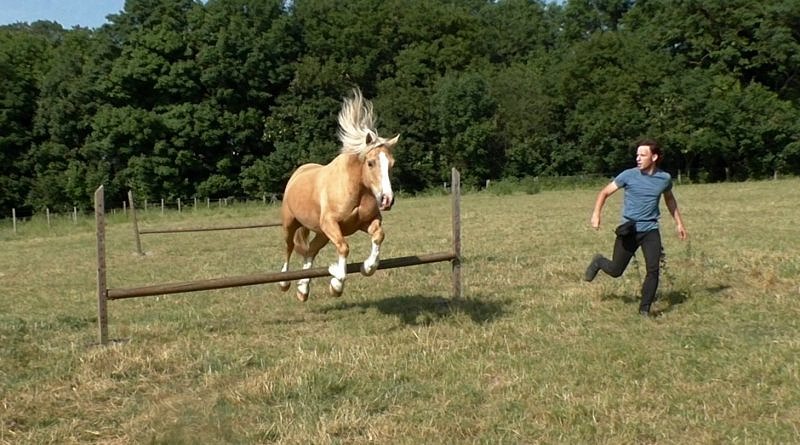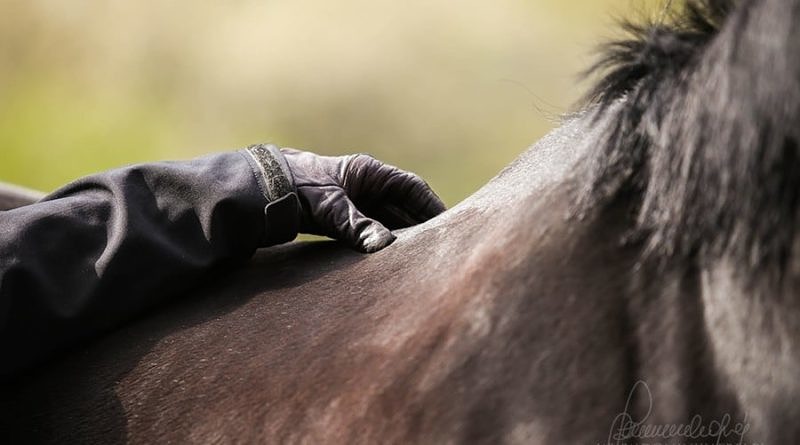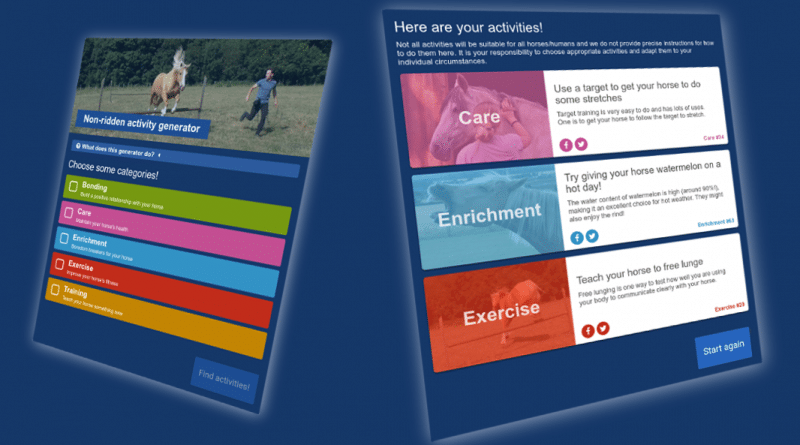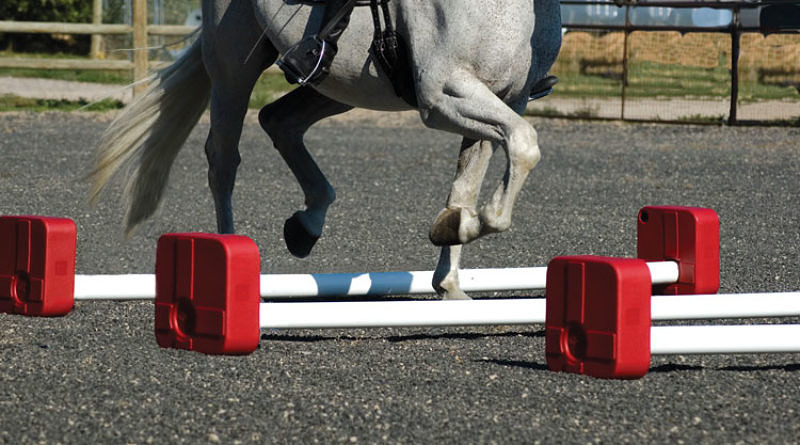How working with horses can help those with learning disabilities
Discover how horses can be part of a healthy lifestyle and benefit those with learning difficulties.
The connection between horses and humans dates back 6,000 years, but this connection has more benefits than just being recreational — spending time with horses can build people’s confidence, reduce anxiety, and build physical strength. Here, Katie Allen-Clarke, from Horse & Country TV, shows us how equine activities and therapy can help those with learning difficulties.
Horses have been friends to humans for generations. Many people enjoy keeping horses and riding as a recreational activity, and we have plenty of equestrian sports for those who like to get active in this way. But did you know that horses can be great for our wellness too? There are many mental and physical health advantages to be gained from spending time with horses, and these benefits are particularly helpful for people with learning disabilities.
For a more guided experience with horses, people can have Equine Facilitated Education and Therapy (EFET), which is a therapy focused on horse riding, looking after horses, and learning in practical settings. This can be an effective way of learning new skills, exploring nature, and encountering new social situations. Here are the ways that EFET and horse riding can be therapeutic for people with learning disabilities.
Building confidence through horse riding and horse care
The Riding for the Disabled Association (RDA) researched the many benefits of horse riding, and found that 77% of people they have worked with thought that their confidence had improved. This indicates that EFET can be a great way to raise self-esteem. Just being able to deal safely with a large, powerful animal can be a confidence booster. And horses react instantly and truthfully to your actions, so you can always see how you’re doing!
Completing different tasks and learning more about horses can also give people an important sense of achievement that assists confidence building.
Working with horses to reduce anxiety
As well as boosting confidence, horses can be excellent for promoting a calming atmosphere and lessening anxiety. Doing exercise and spending time outside has been recommended for a long time to reduce anxiety, and concentrating on your body during horse riding can help relax any tension. This is because focusing on physical movements, and the rhythm of the horse, can stop you getting distracted by anxious thought patterns.
Riding and looking after horses also creates a safe environment for people with learning disabilities to try out problem solving, new physical activities, and communication styles. This safe environment can make it much easier to relax, lowering anxiety and allowing people to learn.
Practicing social skills through EFET
Though you might expect that social skills would be better practiced in the classroom, building relationships with both horses and helpers can aid the development of this skill set. The RDA found that 68% of the people they worked with thought they had gained improved communication skills from EFET — an important indicator for social benefits.
Finding a community in horses and helpers, making friends through a shared activity, and building relationships with the horses themselves, are all important factors in developing techniques for dealing with social situations. Horses are also non-judgemental creatures, and therefore provide a safe space for people to explore interaction.
Developing better movement and cognitive function
As with any exercise, horse riding can also lead to improved cognitive function and better physical movement. This is because horse riding utilises muscles that we don’t use much during everyday life, and it also allows the rider to practice coordination skills. Movements like rising trot, giving the horse signals to go faster or slower, and safely steering your horse with the reins, require the rider to practice and refine hand-eye coordination and reactions.
The combination of reacting to the natural surroundings and using various muscle groups, makes horse riding an excellent form of exercise for everyone, but particularly those with learning disabilities.
Improving physical health with horse riding
As well as the variety of muscles used when horse riding, research conducted at the University of Brighton found that those with disabilities who answered their survey were able to undertake riding and horse care with the same frequency as those who did not have any disabilities or longstanding illnesses. This makes it a great way to get active for those with learning disabilities, as well as those with long-term physical ailments that may hinder their ability to try other forms of exercise.
Another benefit is that good posture is extremely important to horse riding, so it gives people a chance to practice this. Good posture is associated with better back health, and can even help you feel more confident — so this is another excellent reason to try out horse riding.
Horse riding has been a big part of many people’s lives for a long time, as lots of people enjoy spending time with horses and getting physical exercise outside. But now, we are beginning to take the positives of horses and horse riding more seriously, and appreciate how much it can help improve mental and physical health. EFET and spending time around horses, can be a great addition to anyone’s lifestyle, but can particularly help those with learning disabilities.

